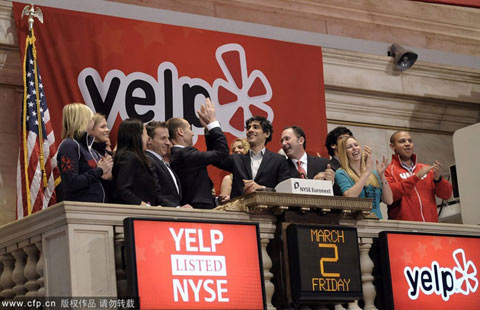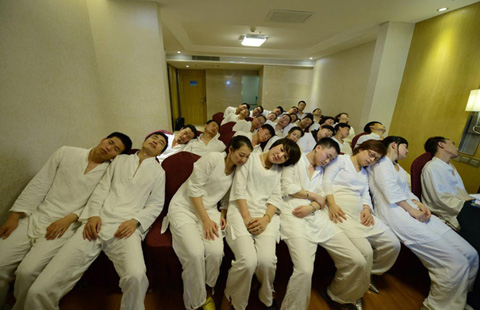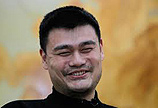High-end brands shift strategy from luxury to quality
By Xie Yu and Wang Zhuoqiong (China Daily) Updated: 2014-05-28 06:56"To understand our brand, you have to have a certain level of knowledge. Most of our Chinese customers are individuals, and if they are 'gifting', it is to a partner, not as part of a business or political transaction," he stressed.
"It is very hard to calculate the percentage of gift buying in the purchase of luxury items," said Zhou Ting, head of Fortune Character Institute, a luxury market consultancy based in Beijing.
|
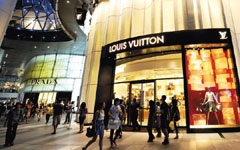 |
|
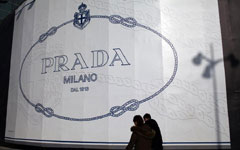 |
Watches and fine leather goods saw the biggest drop in sales during the first quarter of this year. And most tellingly, Beijing fell to No 3 from its previous top position for luxury sales in the country. "It suggests that the anti-corruption campaign has substantially affected gift buying in the capital," Zhou said.
Consultant Bain & Co said luxury spending grew by only 2 percent in 2013, compared with a rate of 7 percent in 2012. Reasons include an increasing number of shoppers buying abroad and President Xi Jinping's mandate to officials to cut down on lavish spending and stepped-up probes into graft.
"People who buy Omega are not of the group that looks for ultra luxury," Zhou said. "They are more fashion sensitive and more middle class. This group is emerging in China, and that may explain why the brand still has the confidence of the China market."
"Chinese consumers are much more sophisticated, and much more rational today, as many of them are getting closer to Western cultures through working and studying. Meanwhile, luxury purchases are no longer transacted only by the super rich. The rising middle class has its own tastes and pursuits," said Rebecca Wang, a senior client manager with an Italian bespoke suitmaker.
The Bain research has found that despite the overall slowdown in luxury market growth, women's fashion brands have experienced a sharp rise, indicating a market that used to be driven by male consumers is now shifting to become more female-dominated.
- Lamborghini Gallery Held in Hong Kong, China
- Power supplier will seek private capital
- UnionPay to spend $32m on online payment
- Batman fan opens door to his Batmobile
- Top 10 most innovative companies
- Rail routes to fuel exports growth
- Consumers remain confident in first quarter
- High-end brands shift strategy from luxury to quality


